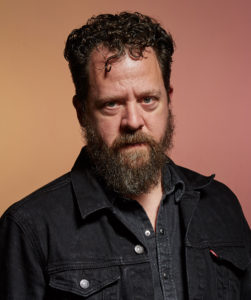 Artist: Alias Patrick Kelly
Artist: Alias Patrick Kelly
Socials: Facebook/Twitter/Instagram
Hometown: Atlanta, GA
TrunkSpace: You recently released your new EP, “An Unclaimed Inheritance.” For you, as an artist, what is the journey like in bringing something like this to life and releasing it out into the world? Does it require a bit of personal unplugging from the music at some point in order to let the universe take control?
Kelly: I’d say that curiosity is the first thing at least as far as the writing goes. In that way it’s a completely selfish act. The first and only person that I’m looking to satisfy is myself. I REALLY enjoy writing songs. I want to know what’s rattling around in my head. I want to see how far a moment of inspiration can go. Can I see it through to becoming a “complete” idea? Will it have a sense of balance? Does it have enough restraint to allow the listener to draw their own conclusion? There’s a lot of “wonder” in the act itself. Ninety-five percent of what I write begins on an acoustic guitar but I’ve got a Logic Pro set up at the house which really helps bring the songs to life. I’ll usually demo the acoustic and the vocal to a click. Then the really exciting part begins. I’ll program drum parts in Ultrabeat and then start finding melodies and electric guitar sounds. It’s about 50/50 as far as knowing what I want and just playing around with sounds and ideas to find out “what the song wants.” I love the accidents and discoveries that happen along the way. If I find something unexpected that gives me goosebumps or just trips me out then that’s usually the part I keep. Again, it goes back to a sense of wonder, curiosity, and play. After demoing I’ll take the songs into an actual studio and cut everything “for real.” Demoing at home as thoroughly as I do saves so much time in the studio. Not just mine but everybody involved in the recording. On this EP I did most of the studio work with a band as opposed to my last album which was done with my drummer Mike Froedge and then me playing 90 percent of all the other stuff. The end result paid off in quality, feel, and time management. My guitarist, Matt Hanson, took my melody sketches and finessed them into something more lyrical especially on songs like “Invisible” and “West.” Bruce Butkovich (also my co-Producer) put his own swagger on the bass parts I had initially sketched. I enjoy both ways of working but it’s always better when you’re in good company.
To answer your second question – yeah, after writing, recording, mixing, and mastering I unplug from the musical aspects of the EP. Time to dream up a title and a cover. Do I just release it on Bandcamp or do I try to push it further out into the world career wise? Does it make sense for a guy at my level to make a music video? Should I make two videos? It’s the unsexy part of the process but it’s been enormously insightful learning about the best ways to get the release into people’s hands, whether it’s to get it reviewed or simply heard. However, while all of this is being planned and arranged I still make time to sit down with my acoustic and write more. It’s what I enjoy the most.
TrunkSpace: You infuse the songs on the EP with a lot of emotion. Does music act a bit like therapy for you throughout the creative process or are you on the outside looking in and taking more of a storyteller’s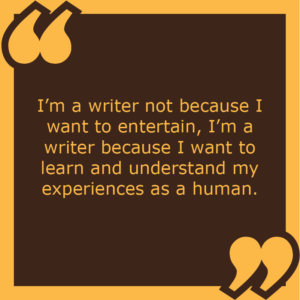 approach?
approach?
Kelly: There’s definitely both but it’s probably 80 percent therapy. It’s the main reason I pick up my guitar up at all. It doesn’t matter if I’m actively working on a song or simply playing for the enjoyment of it – I do it to feel better. To my wife, it’s probably most noticeable in the morning. If I can wake up before everybody and take my guitar outside and play for an hour or two, my attitude is much more manageable for everyone, including myself. If I wake up to an alarm and just hit the ground running and don’t stop until bedtime then I end up feeling like I wasted my entire day no matter how many chores/errands I got done or how much money I made at the day job. A day without any creative alone time to me is always a bit overcast.
As far as the storyteller approach, there’s always a bit of me and my experience rolling around in there. For example, “Lamb” is a fictional story about a young man who grew up without a father and ends up in jail as a result of no one having been there to help raise him into a man. Even though it’s fiction the song is a result of my own “anxiety” due to the fact that I had just become a step father to a little girl who doesn’t know her bio-dad. That song is probably my sub-conscious telling me, “Don’t screw her up. She needs you. Be there and be present for her.” Creating a fiction loaded with facts is always more interesting than just the plain facts. It has the potential to become something more mythical than simply historical. For entertainment purposes, mythical is always better.
TrunkSpace: You have mentioned that at times the idea for a song more or less drops into your lap and that it can feel a bit like you’re not the one doing the writing. Are you someone who can shut off the creative brain or do you find that you’re always playing around with ideas, even on a subconscious level?
Kelly: I’m always working on things sub-consciously. Tucking away little ideas comes in handy later when the actual “moment” arrives. It leaves them readily available to draw from. It’s like cache memory in a computer. I don’t know if it’s a skill or an instinct but it’s definitely there in me. Songs and ideas seem to have more purpose and depth when they’ve been sitting around in the back of my mind simmering for awhile. Often I don’t even realize that my brain is putting things together and then all of a sudden along comes a trigger – chord progression, melody, conversation, etc – then the next thing I know is I’m having that “eureka” moment of inception. That’s typically what I’m looking for. When I first started to attempt songwriting I didn’t really have moments like that. I didn’t know how to access it or how to nurture it but over time I figured it out and discovered what works for me. It took patience and work, I had to earn it. I respect those “eureka” moments. I don’t have to finish the song right then and there (although I always try to), but as long as I have the foundation of what the song needs to be I can come back and hammer out the details later if necessary. That part is work but I enjoy it as well.
TrunkSpace: For first-time listeners, what would they learn about you as a person and as an artist in sitting down to listen to “An Unclaimed Inheritance” in its entirety?
Kelly: Sincerity – first and foremost. I want the listener to know that I mean it and that I’m invested. I’m a writer not because I want to entertain, I’m a writer because I want to learn and understand my experiences as a human. It’s how I figure out how to proceed with my own life whether I’m doing it through a character or blatantly and out in the open.
TrunkSpace: Our influences always find their way into our work. Sometimes its subtle and unplanned, and other times it’s more obvious and purposeful. As you listen back to the songs that you have created on the EP, where do you hear your musical influences trickling through?
Kelly: For me they usually come out subtly. I’m a big fan of John Frusciante’s work as a solo artist as well as his work with the Chili Peppers. Every now and then I’ll find myself approaching a lead guitar melody the way that he might. It’s probably most evident on the songs “Lamb” and “West.” I played bass on a few songs on the EP and really tried to give them their own melodic space separate from the main melodies that are out in front. I’m pretty sure I picked that up from Eric Avery (Jane’s Addiction) and Simon Gallup (The Cure). “Old Boy” and “Tallest of Trees” would be the best examples. I like how Maynard from Tool will utilize humor to make some sort of cuttingly profound point in a song. There’s a bit of that in the second verse of “Gasoline.” Other than things like that I’d say my influences are more between the lines. I want my songs to be “me” more than obviously influenced by someone else. If the influences start to become too obvious I try my best to hide them. I want to stand on my own.
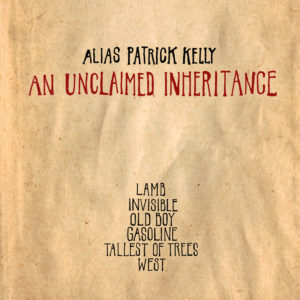 TrunkSpace: What are you most proud of with “An Unclaimed Inheritance” and how it all came together in the end?
TrunkSpace: What are you most proud of with “An Unclaimed Inheritance” and how it all came together in the end?
Kelly: I’m proud of all of it but the thing I’m most proud of is when I let go of the wheel and trusted others to execute something that I would’ve normally done myself. As I mentioned earlier, I played almost everything on my previous album “Corruptibility Index” by myself except the drums and a couple of other instruments. My decision to record most of the EP in a band environment was because I wanted to do it quicker than the last album. Recording takes time away from my family and I wanted to minimize that by getting a lot of the basic tracks in one take. We had rehearsed pretty thoroughly beforehand whether it was one-on-one or as a group. My guys nailed it!
TrunkSpace: Can you envision a day when music is not a part of your everyday life? How important is it to who you are as a person, never mind as an artist?
Kelly: Nope. I love it. Totally have to have it in my life. It’s just always been there whether it was watching my parents singing duets at church or “The Partridge Family” coming on TV when I was a kid. My first memories are of me singing in the car with my father. I remember him trying to show me the difference between the different vocal harmonies going on. I still like to just sit around and listen to music alone. Not just songs but entire albums. I’m an album guy for sure. It’s always been soothing or simply fascinating to me.
TrunkSpace: Where are you hardest on yourself as an artist?
Kelly: Time management. I have a family, a full time job, an erratic part time job, and I play bass guitar in another band. I don’t always carve out as much time as I should to write or practice. Sometimes there just aren’t enough hours in the day. If too much time goes by without actually playing or writing music alone I usually end up feeling pretty low until I get that guitar back in my hands. It’s in those times that I can turn into a grouch and a bit of a prick.
TrunkSpace: The video for your single “Invisible” is racking up the views. Is bringing a visual element to a piece of music something you enjoy? Are you able to appease a different part of your creative brain in expanding on the narrative like that?
Kelly: As long as there is a purpose to the visual then ‘yes.’ “Invisible” is a song that was just begging for a video. I felt that something visual to accompany that song would make the message clearer. I’d never made one before so I was definitely nervous. My friend Jim Johnson directed it. He’d done some work on commercials, short films but I think this was the first thing he ever really led. It was great though, you could tell he was ready to “level up.” He had that confidence and enthusiasm. He really believed in the song. Originally, he was going to charge me for the video which I had agreed to but after I sent him the song and the lyric sheet he called me back and said that he’d do it for nothing. There are people in his life dealing with post combat PTSD. I think that he really wanted to do it for them. He and the producer, Jaime Spaar, found the lead actor, Adam Bresler. I’m good enough in the video whenever I show up but Bresler is the one that really ‘sells’ it. It’s his show. He was an Army Medic for a long time who saw combat. He’s lived everything that “Invisible” is about. It’s very generous of him to go on camera and ‘re-open’ that place inside of him where he keeps all of those memories. He’s very proactive in his recovery and I think that making this video has been cathartic for him. Not just for his own sake but because he can share the video with others who are going thru it. In fact, he’s more responsible for the views it’s getting than I am. He’s really proud of it.
TrunkSpace: Time machine question. If you could jump ahead 10 years and get a glimpse of what your career looks like a decade from now, would you take that journey? If not, why?
Kelly: Absolutely. Forward is the only way. I always want to know what comes next.
“An Unclaimed Inheritance” is available now.


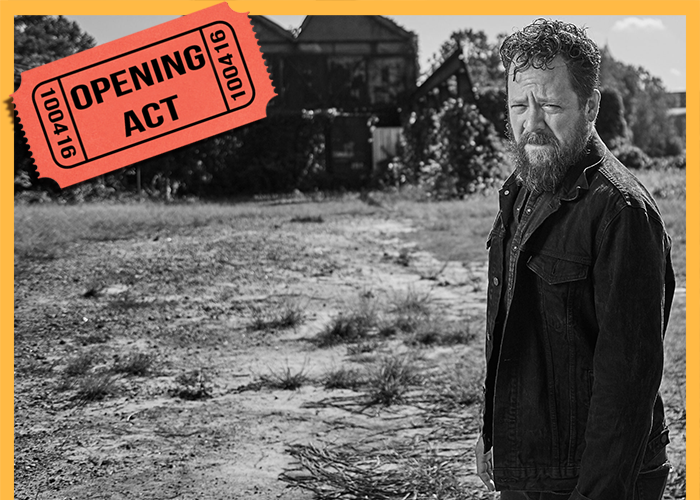
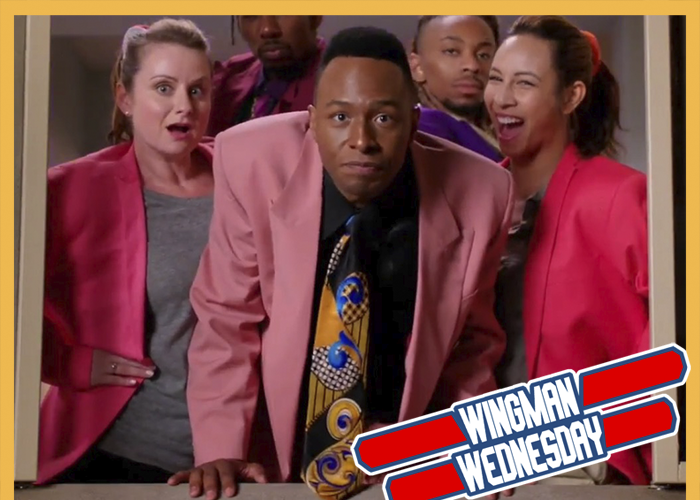
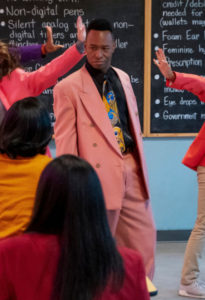
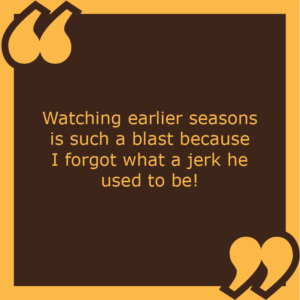 surprised you the most about your journey getting to play Jim given what you knew then and what you know now?
surprised you the most about your journey getting to play Jim given what you knew then and what you know now?
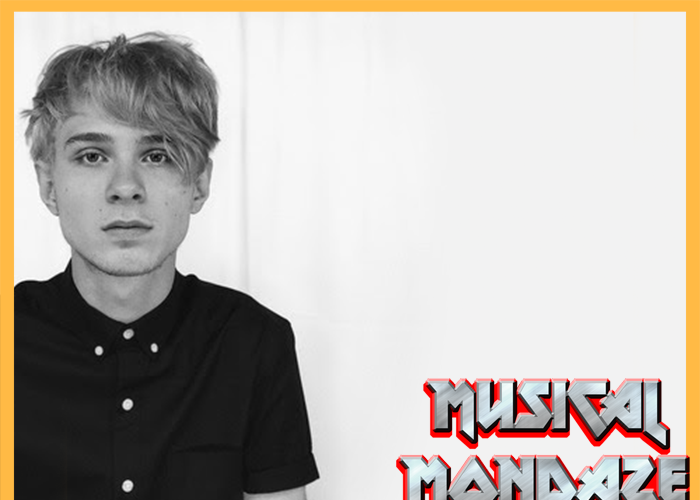

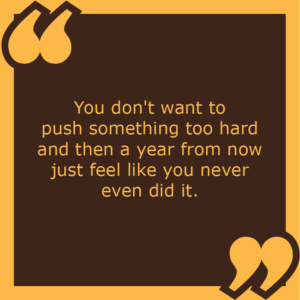 on the record.
on the record.  TrunkSpace
TrunkSpace
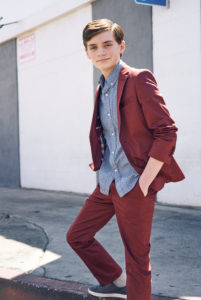
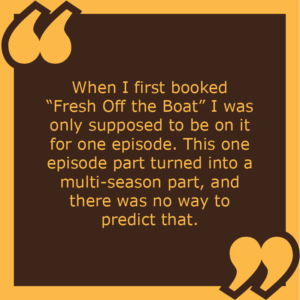 establishing yourself?
establishing yourself?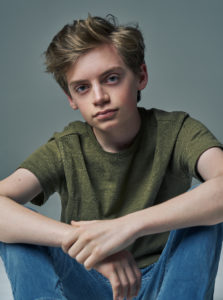
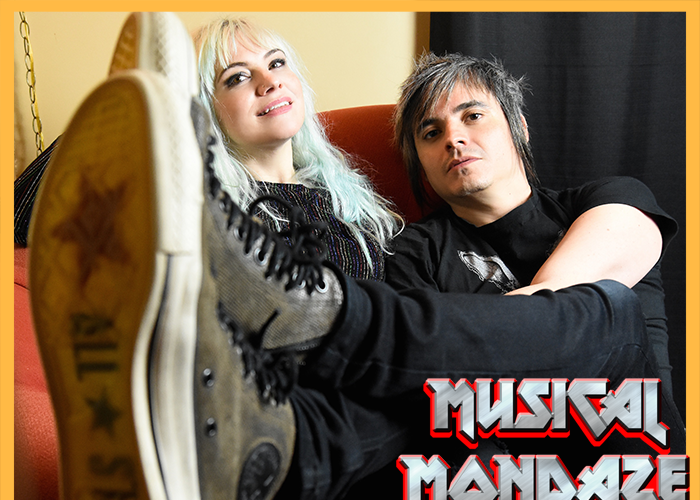

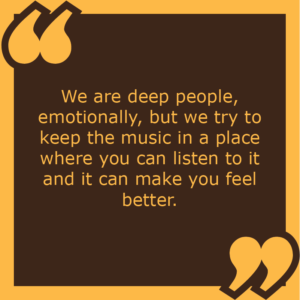 doing
doing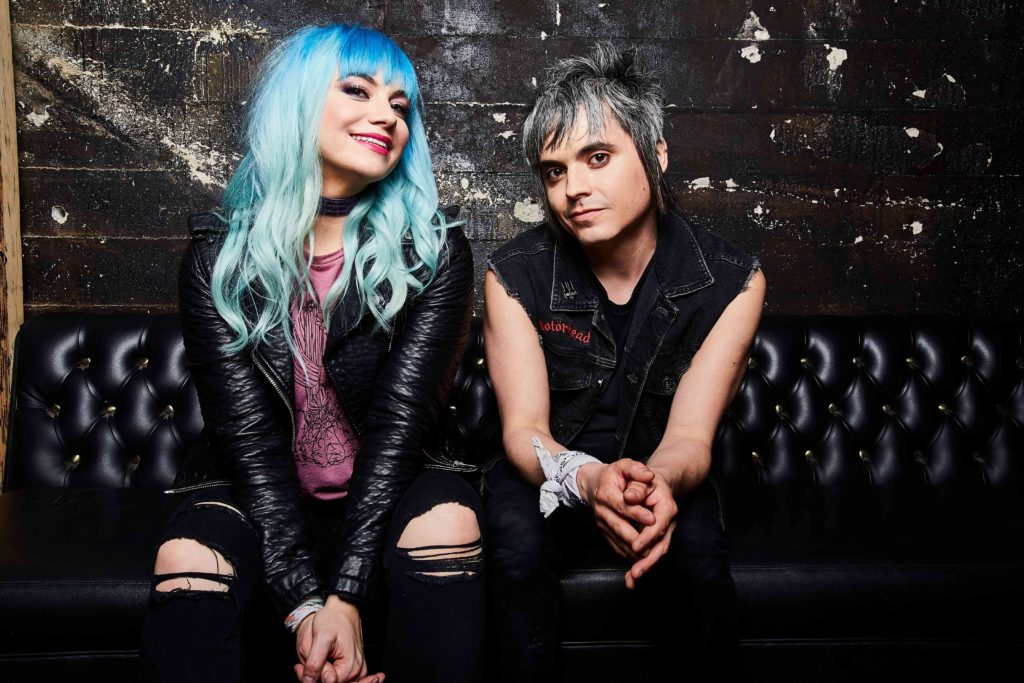
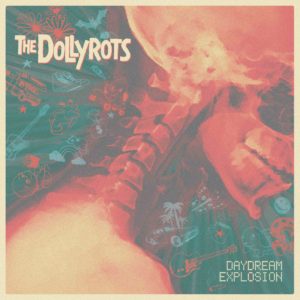 TrunkSpace
TrunkSpace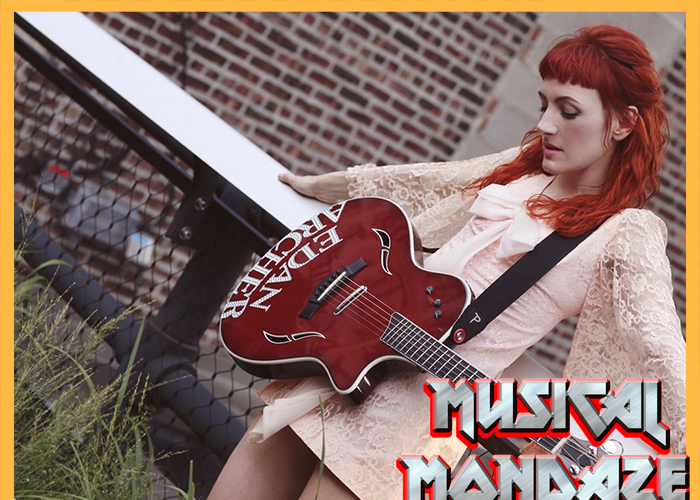
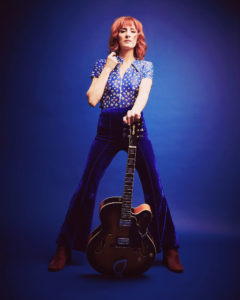
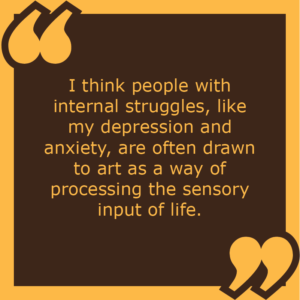
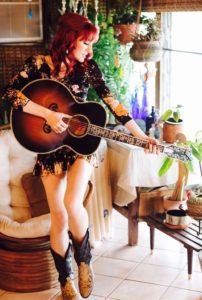
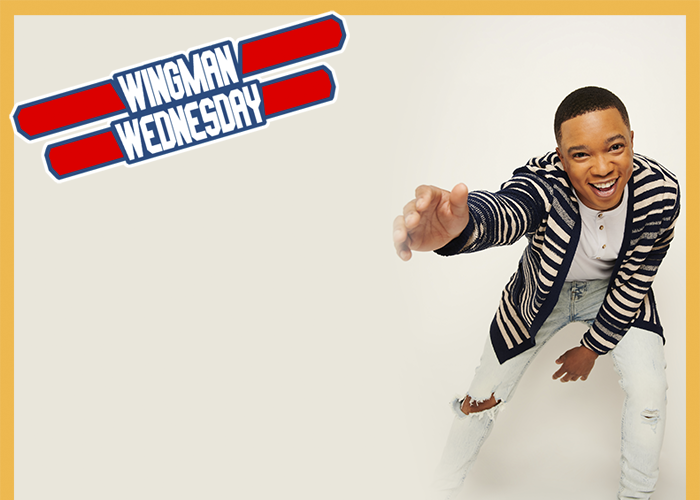
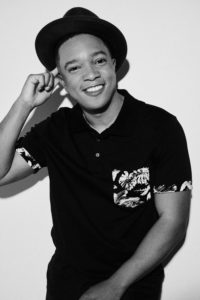
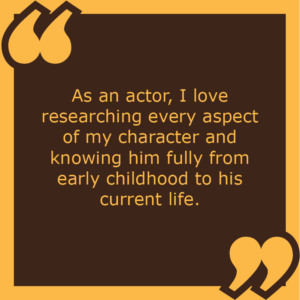 content given its new home? Is it grittier than what people will recall from its time on ABC?
content given its new home? Is it grittier than what people will recall from its time on ABC?
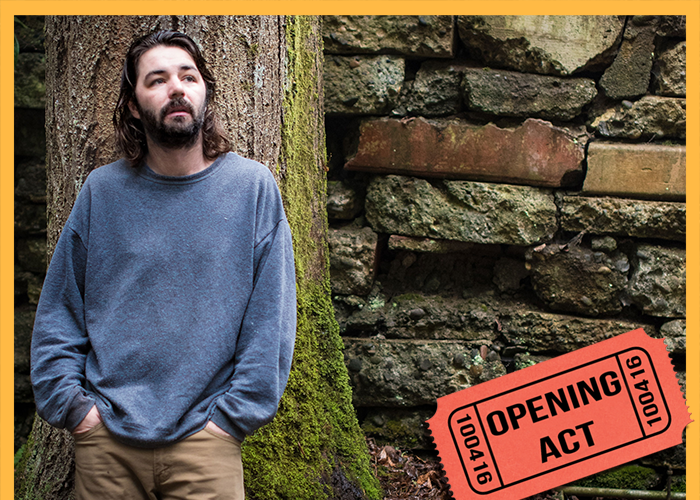
 Artist: Luke Hogan
Artist: Luke Hogan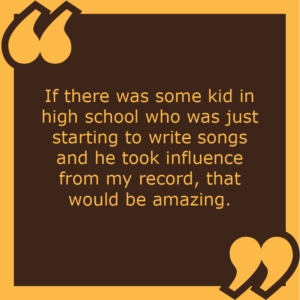 Special,” the closing track, is from 2004. But there are also newer songs on the record that didn’t exist when we started recording, so I’m glad we didn’t rush. Moving across the country to LA, then back home, then back to LA, then up to the Northwest, with plenty of detours along the way, all these events were part of the process of making and putting out this record. So yes, I suppose it has been a bit of an adventure. And it’s still actually not out yet…
Special,” the closing track, is from 2004. But there are also newer songs on the record that didn’t exist when we started recording, so I’m glad we didn’t rush. Moving across the country to LA, then back home, then back to LA, then up to the Northwest, with plenty of detours along the way, all these events were part of the process of making and putting out this record. So yes, I suppose it has been a bit of an adventure. And it’s still actually not out yet…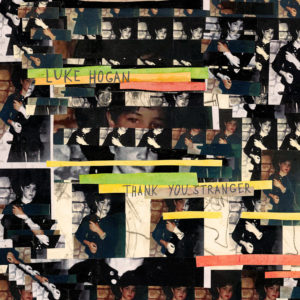 TrunkSpace: If you weren’t on your current path with “Thank You Stranger,” would creating music still be a part of your life, even if you weren’t sharing the results with people like you are now?
TrunkSpace: If you weren’t on your current path with “Thank You Stranger,” would creating music still be a part of your life, even if you weren’t sharing the results with people like you are now?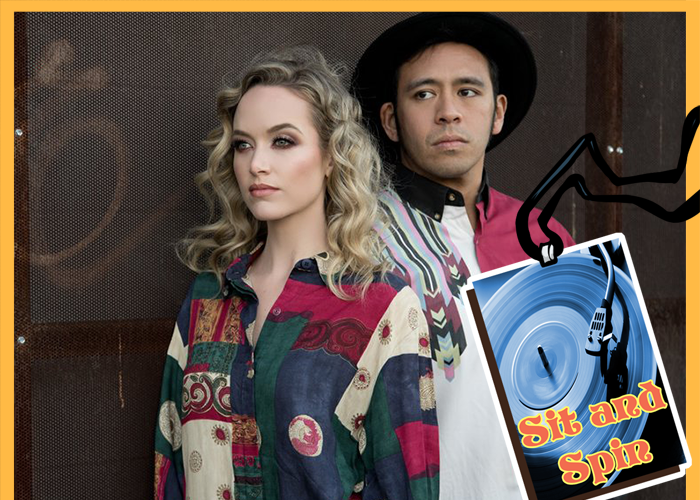
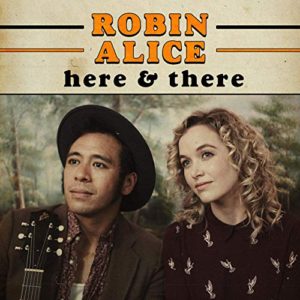 Artist: Robin Alice
Artist: Robin Alice
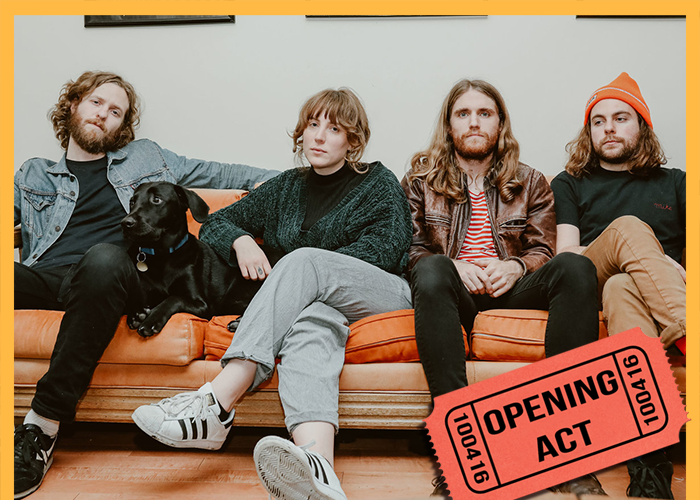
 Artist: Cosmo Gold
Artist: Cosmo Gold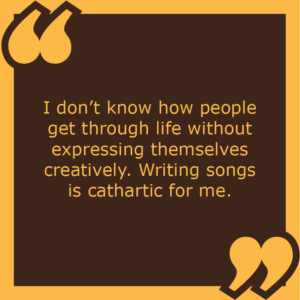
 TrunkSpace: Many musicians say that music is a form of therapy. Is it that way for you? How has creating music helped you navigate this wild ride we call life?
TrunkSpace: Many musicians say that music is a form of therapy. Is it that way for you? How has creating music helped you navigate this wild ride we call life?